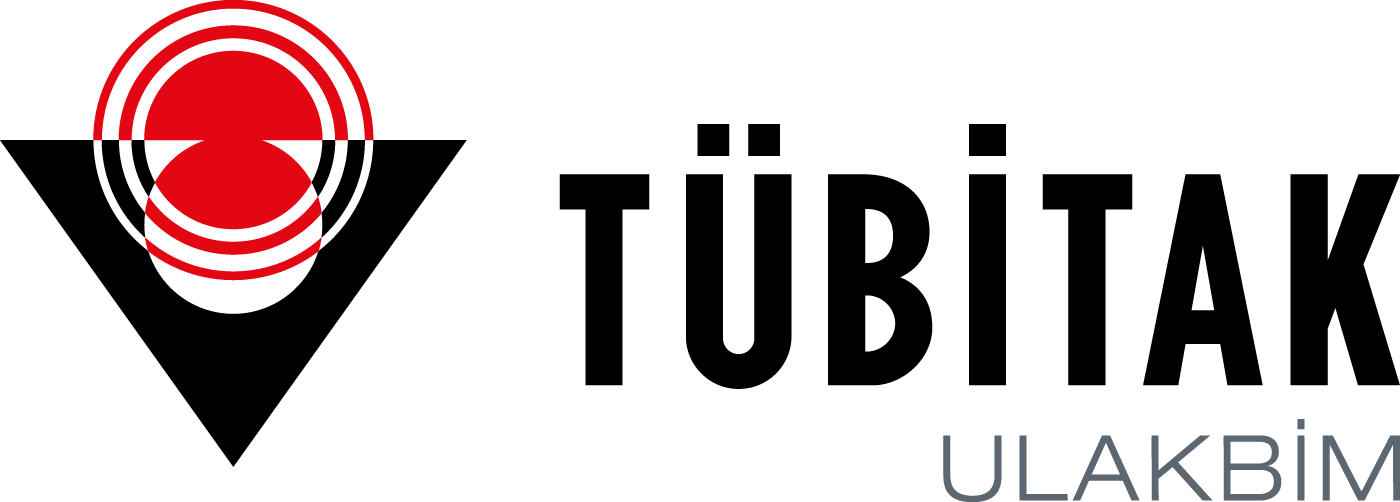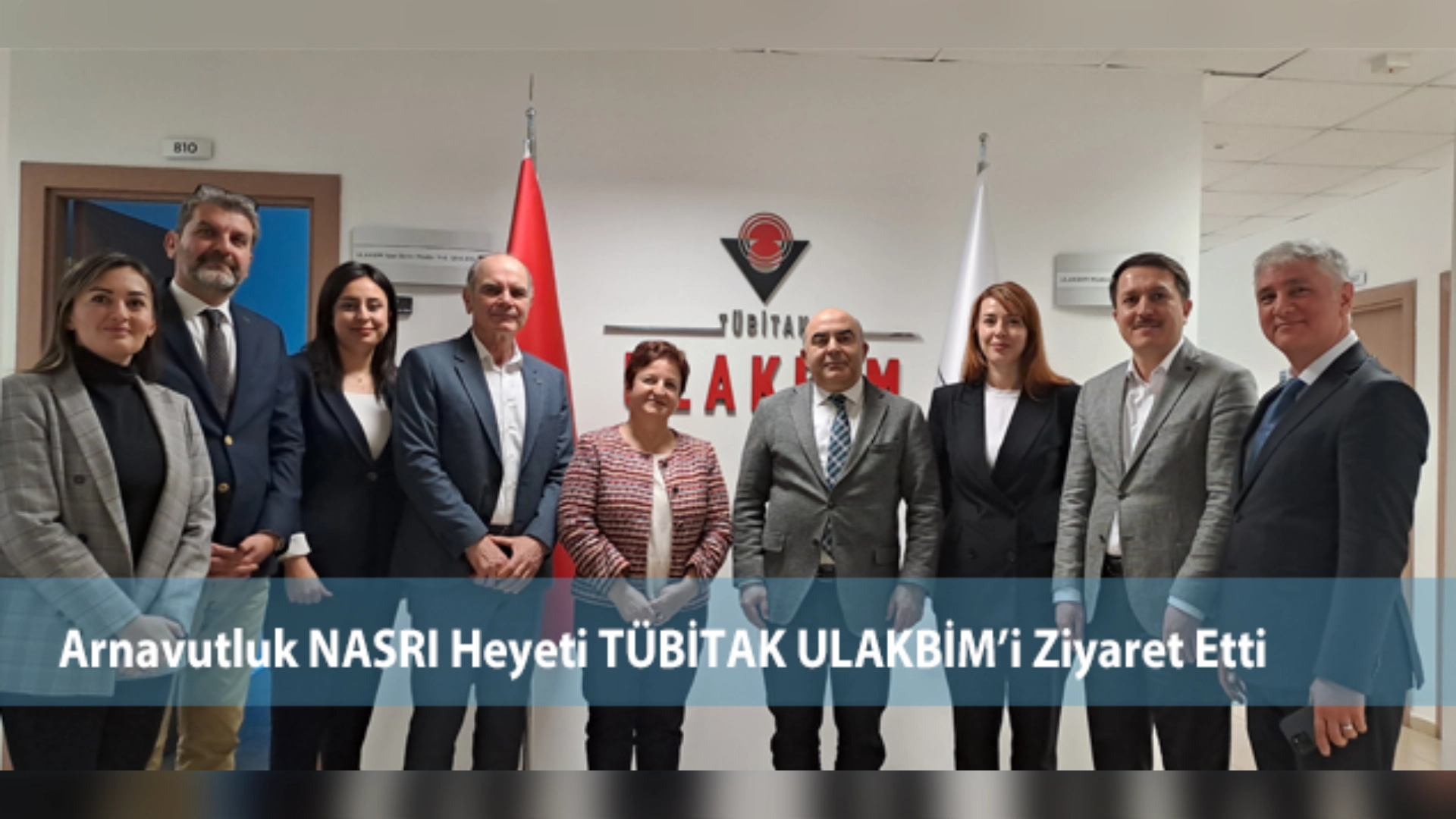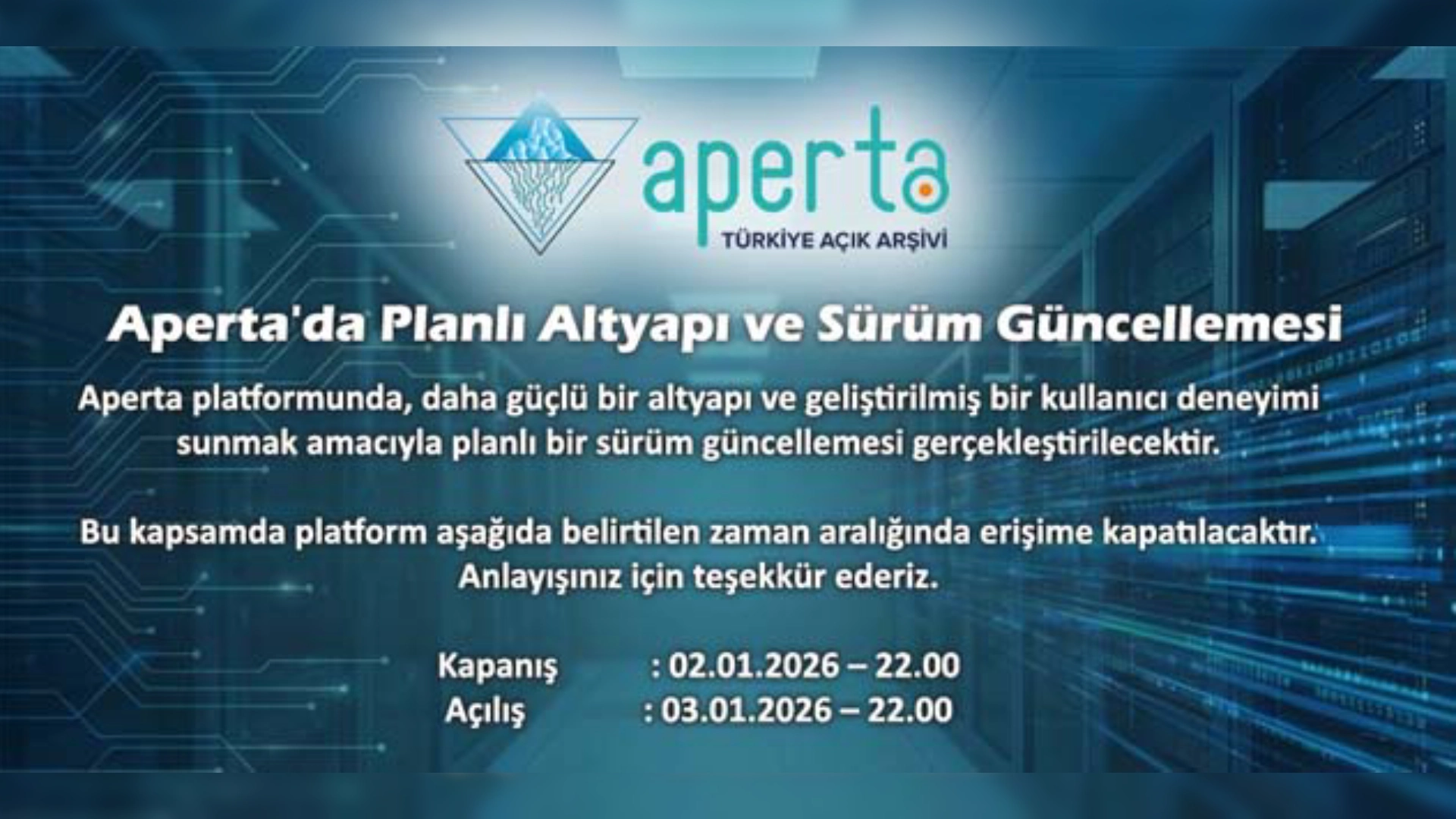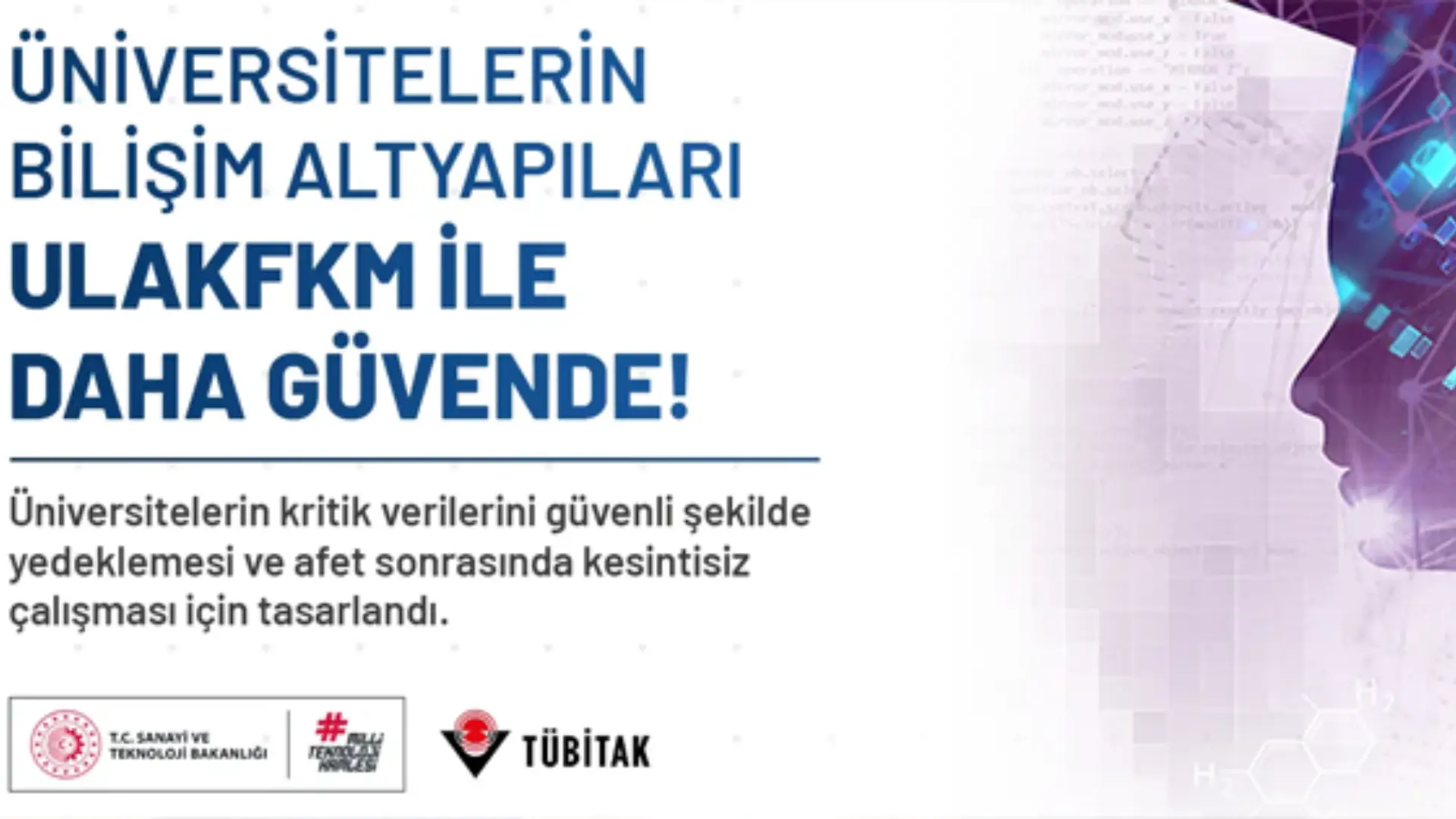International Open Access Week continues to be celebrated this week, October 24-30, 2022, with the theme "Openness for Climate Justice". This year's theme highlights the importance of fostering connection and collaboration between the climate movement and the international open (access) community.
As part of the week, TÜBİTAK organized an event titled "TÜBİTAK Open Science Week Event 2022".
TÜBİTAK ULAKBİM Open Course Platform was launched at the online event with the participation of TÜBİTAK President Prof. Dr. Hasan Mandal.
Moderated by Ebru Soyuyüce Aydın, the event started with the opening speech of Mehmet Mirat Satoğlu, Director of TÜBİTAK ULAKBİM. In the program attended by many national and international academics and researchers, Satoğlu mentioned that Open Access Week has been celebrated in our country since 2012 and emphasized that open science is an opportunity for the whole world and the importance of using these opportunities of technology for all countries and researchers.
Satoğlu stated that in the transformation taking place in the world in terms of open access, models have started to develop, new software and new concepts are becoming more mature every day, and emphasized that TÜBİTAK ULAKBİM closely follows the developments in this field. "As TÜBİTAK, we offer research infrastructures to the service of our researchers and embrace open access and open science with our policies," Satoğlu said.
Satoğlu stated that it is now possible to reach many people in the world with the possibilities of technology in scientific activities, publishing, laboratory notes, distance education course materials, and that cooperation and efficiency are increased in a much cheaper and accessible way.
Prof. Dr. Hasan Mandal made a presentation titled "Climate Change and Our Open Science Approaches in Open Science Week" and expressed his satisfaction that the Open Access Week Event was held with the theme of Climate Justice: "This issue is also very critical for us and it completely meets our focus in the science, technology and innovation ecosystem at the focus of TÜBİTAK. Therefore, I find this event very valuable."
Mandal, who also introduced the TÜBİTAK ULAKBİM Open Course Platform, which is planned by TÜBİTAK ULAKBİM to raise awareness on open science and related issues across Turkey, increase the current level of knowledge, facilitate the project processes of researchers and contribute to the protection of scientific content produced with public funds, emphasized that open science is a necessity beyond awareness, stating that "In order to combat the climate crisis, there is a need to access information faster and more openly."
Stating that the climate crisis will have different impacts in different parts of the world, Mandal emphasized that different solutions should be identified to overcome complex risks, and that open science is important in this context. Reminding that TÜBİTAK's open science policy was published in 2019, Mandal underlined that they were one of the earliest institutions to take action in this field and explained the innovations to improve processes.
Noting that the open science approach is implemented to be shared with institutions at all levels and is a national policy, Mandal said that they are in a policy-making and sometimes even pioneering approach.
Noting that the science ecosystem is now expected to create more impact, Mandal said, "There is a need to work together more than cooperation. I think that the answer to the "How" question regarding the solution of the problems, the solutions and the facilitating way pass through open science." "With our Open Course Platform, we create awareness, increase the level of knowledge, facilitate the project processes of researchers and protect the scientific content produced with public funds."
The event continued with presentations on the Open Course Platform application by Assoc. Prof. Dr. Zehra Taşkın and Dr. Güleda Doğan from Hacettepe University. https://acikders.ulakbim.gov.tr/ Taşkın stated that the platform at the address is Turkey's most comprehensive open science education platform and that the content includes every element of open science. Taşkın stated that you can participate in certified programs by becoming a member of the system or you can access the content by using public packages without being a member. Prof. Dr. Güleda Doğan explained that there is a very rich content on the Open Course Platform, introducing the modules titled Research Data Management Training, Open Science Handbook, Responsible Research and Innovation, Open Peer Review, Open Refereeing, Open Citations, Text and Data Mining and Open Reproducible Research. He also stated that this platform continues to develop and new modules may be added in the near future.
Dr. André Brasil from CWTS (Center for Science and Technology Studies at Leiden University) gave a fascinating presentation on the importance of local language publications and interdisciplinary differences through the example of the Brazilian research evaluation system.
Dr. Anca Hienola from the Finnish Meteorological Institute presented "Open Science in climate research: The Good, the Bad and the Ugly", she talked about how open access studies can have a great social impact when they reach civil society organizations and compared the good and bad practices in the world on this issue.
Prof. Dr. Emrah Akkoyun gave a presentation titled "Aperta in Data Sharing" at the online event. In his presentation, Akkoyun explained the Aperta Turkey Data Archive, and presented the PHACT article (PHACT) led by Sabancı University Faculty of Engineering and Natural Sciences Faculty Member Ogün Adebali and published in the Oxford MBE journal in August (https://doi.org/10.1093/molbev/msac114) shared their experience of depositing data from 5123 proteins in the Aperta Turkey Open Archive. "Aperta is critical for enabling new collaborations, making work visible and reducing research costs by increasingly hosting outputs such as data and software produced in other research groups. He stated that the establishment of a scientific data repository that will enable large data sets in the future and increase national/international collaborations can provide significant benefits.
In her presentation titled "TÜBİTAK Open Science Policy and Practices in ARDEB", Dr. Mahur Turan stated that with the Open Course Platform, none of the questions of researchers will remain unanswered and that every question is systematically explained on the platform. She stated that they are working to automatically upload publications and data produced within the scope of ARDEB projects to Aperta.
The last speech of the event was given by Assoc. Prof. Duygu Çelik with her speech titled EOSC and Open Science. They gave a detailed presentation on how and why EOSC started, the policies of the European Union Commission and where we are now as Turkey.
TÜBİTAK ULAKBİM Open Course Platform https://acikders.ulakbim.gov.tr/ In addition to comprehensive trainings on topics such as research data management, creating a data management plan, responsible research, open citations, it also offers the Open Science Training Handbook to researchers. https://tubitak-ulakbim.gitbook.io/acik-bilim-egitim-el-kitabi/ The Platform, which has been developed as the first reference source for researchers who want to get information about Open Science principles, ensures the long-term protection of the data used in research in accordance with standards with data management plans and trainings on open data, while enabling new studies to be carried out with the same data.
You can access the video recording of the event from the links below.






